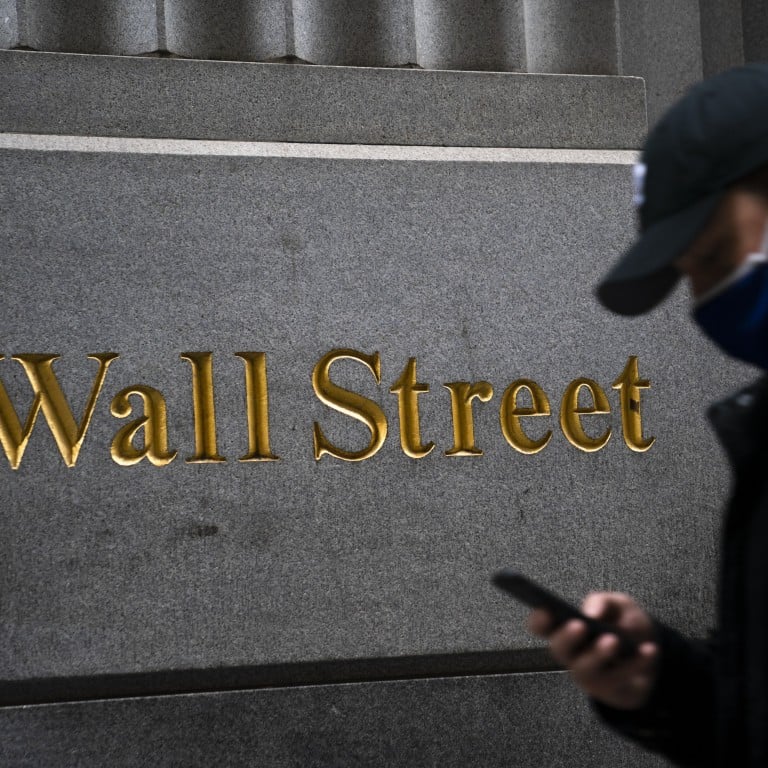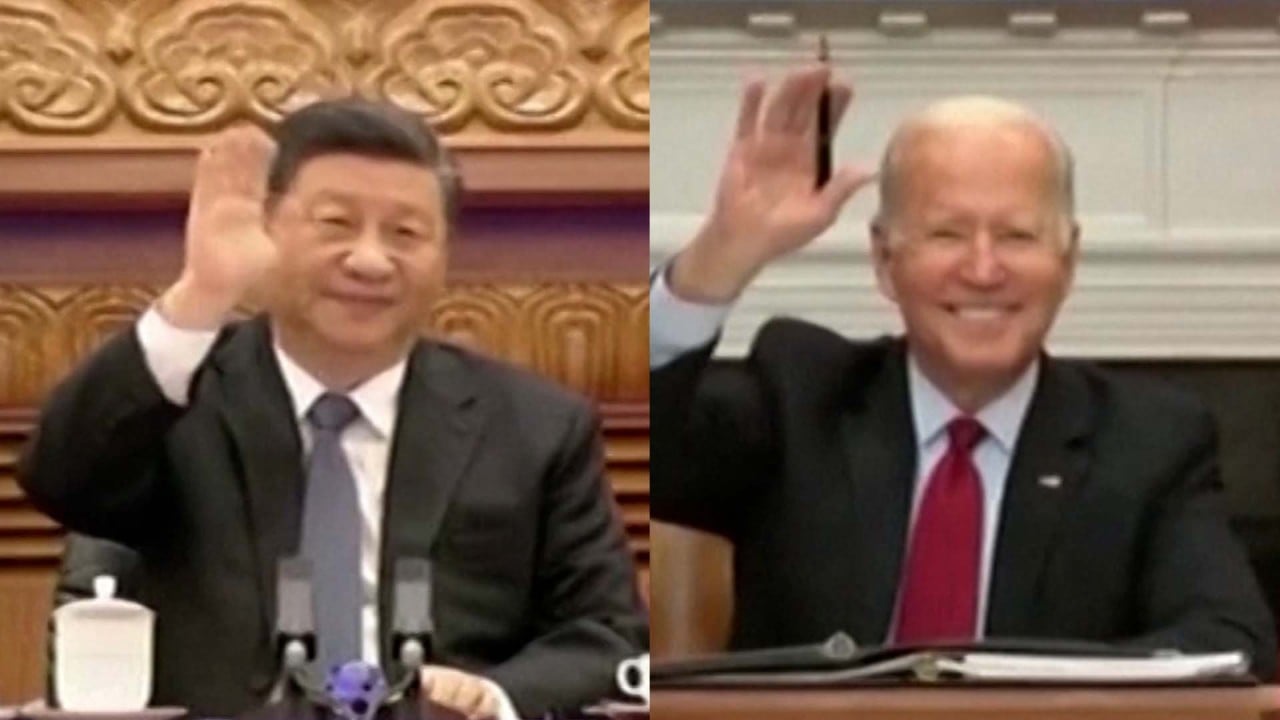
China’s New York envoy urges US business support to help improve relations
- Senior diplomat Huang Ping tells executives that trade links have always been the cornerstone of US-China relationship
- Huang assures business alliance that Beijing sees further liberalisation and foreigner access as a priority
“We are facing challenges in bilateral relations these days,” Huang said in a video presentation. “I’m grateful for your support to China-US relations in the past, and I’m confident that I can always count on the business-community support in the future.”
China has often relied on the US and European business communities to bolster bilateral relations in their national capitals when ties are strained. In recent years however, foreign business support has waned amid growing frustration with market barriers, technology transfer requirements, intellectual property theft and control over proprietary data.
Huang highlighted the growth of bilateral trade and foreign direct investment over the past decade, without addressing growing concern that ties have often favoured China. Beijing sees further liberalisation and improved foreigner access as a priority, he added.
“China will open its door still wider,” he said. “We will not change our resolve.”
Citing Chinese statistics, the senior diplomat said bilateral trade reached US$696 billion in 2020, from US$446 billion in 2011.
Continued increases in bilateral trade volumes in recent years, including US exports to China, were “an impressive achievement, taking into consideration the double blows by Covid-19 and the matters conducted by the previous US administration, including tariffs”.
US-China agreement speeds up entry for American businesspeople and families
Direct investment by Chinese companies in the United States – which reached US$83.8 billion last year – has seen such Chinese companies as Fuyao Glass America in Ohio, China Railway Rolling Stock Corporation in Massachusetts, and Nine Dragon Paper in Maine bolster local employment, Huang said.
But it could be greater, he added, criticising US policy. “In recent years, the US federal government constantly adopted discriminatory policies towards Chinese companies,” he said.
“Many Chinese companies are arbitrarily labelled as impairing US national security and are prohibited from investing and operating in the US. This will undoubtedly deal a heavy blow to the confidence of the Chinese enterprises.”
Business leaders at the alliance, representing investment, property and marketing and other professionals doing business with China, voiced support for closer ties.
“Certainly, relations between China and the US are at a very challenging moment,” said John Oden, the group’s founder. “Good business relationships between China and the US are critical.”
“Anyone looking for a dramatic policy change toward China from the last administration will not find any evidence of it,” said Chad Bown, a Peterson Institute for International Economics fellow, in a recent report.
‘Stalemate’ in US-China reach trade talk despite expiry of phase-one deal
In October, US Trade Representative Katherine Tai signalled the administration’s intention to hold China’s feet to the fire on the phase one trade deal it signed in 2020.
That deal called for China to purchase an additional US$200 billion in US agricultural, manufacturing, energy and services exports by the end of 2021.
China is on track to purchase slightly more than 60 per cent of the goods it promised, according to Bown.
Washington has also expressed concern over economic and diplomatic pressure China has put on Lithuania over its deepening economic and diplomatic ties to Taiwan. The US will stand with the European Union in opposing “coercive diplomatic and economic behaviour” by China, Tai told Lithuanian Foreign Minister Gabrielius Landsbergis in a meeting last week.
Lithuania seeks more EU support in Taiwan row after US stumps up $600m
Huang did not address Lithuania or the phase one trade deal, even as he called on business leaders to help boost cooperation and fight US politicisation of economic and trade issues.
“I hope you will actively support the development of bilateral relations, encourage the US administration to follow a sensible and pragmatic China policy and to stop waging trade war, industrial war or technology war,” he said, further urging them to counter “conflicts over values, ideology and geopolitics”.
“I also hope that you will be good ambassadors of friendship between the two peoples,” Huang added.


